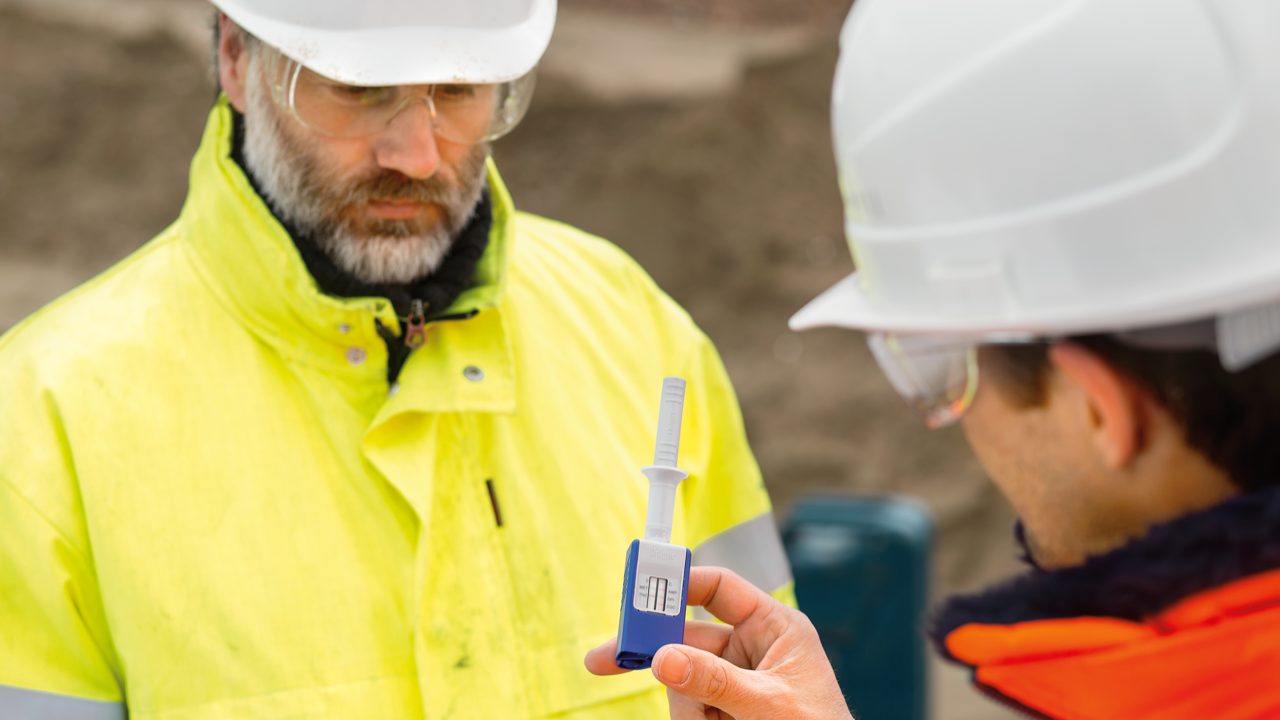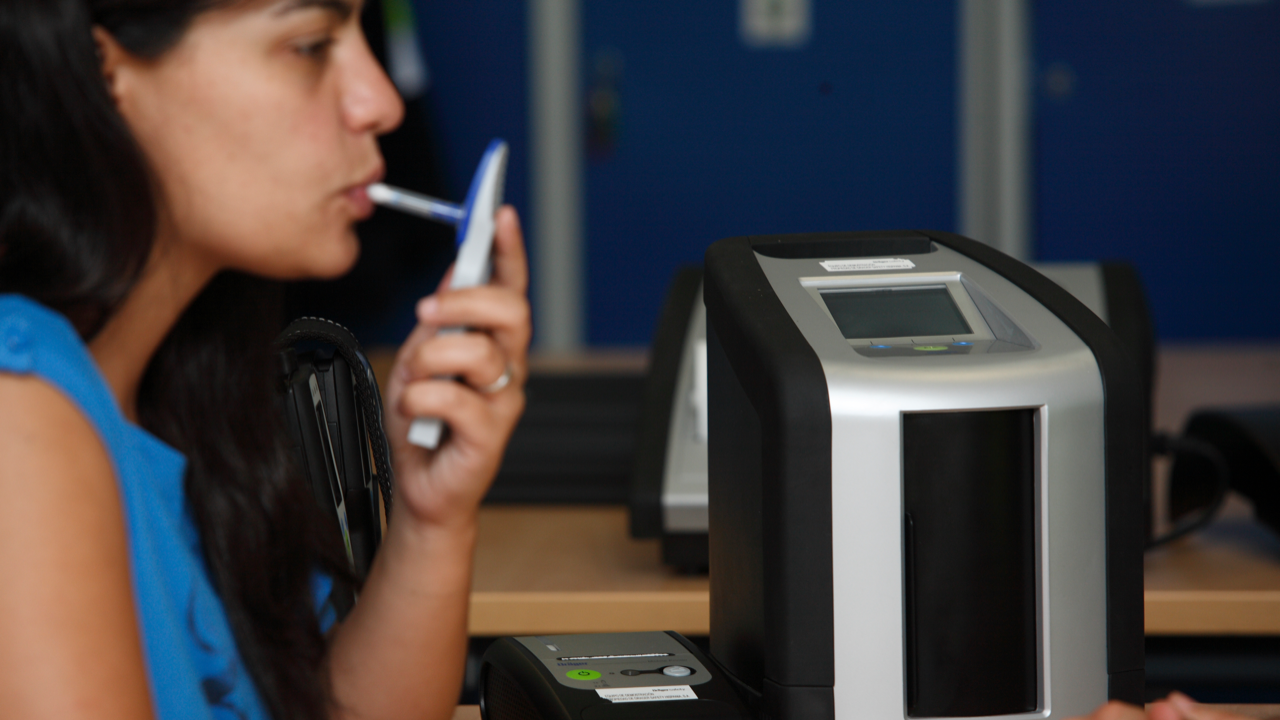It was clear – before the Covid pandemic shone a spotlight on the issue – that there was already a gradual increase in reports of drug and alcohol use impacting the workplace. This includes both legal (i.e. prescribed) and illegal drugs, and alcohol consumption, all of which have the potential to impact employee safety in the workplace, and even more so as we head into the festive time of the year.
In sectors where working environments can be hazardous and there are a variety of risks to employee safety, such as the water industry, it is vital for companies to take the issue seriously. It is therefore not surprising that increasing numbers of businesses are considering implementing drug and alcohol testing programmes.
The main benefit of this kind of programme is that it delivers a safer working environment for employees, but it also provides the employer with an opportunity to offer support to employees, while improved education about the impact of drugs and alcohol can promote a healthier, happier workplace.
From an employee perspective, there appears to be a similar growing recognition of the role that those within a business play in keeping colleagues safe. Research for the Dräger Safety at Work report 2023 found that the overwhelming view of respondents was that testing for drugs and alcohol should be part of a wider safety at work initiative. Nearly three quarters (74%) of those questioned were in favour of all employees in the organisation being tested for drugs and alcohol.
Although it should be noted that when it comes to the utilities industry, the sector scored lowest of all those sectors polled in having testing in place, with less than a quarter (24%) of respondents saying that testing happens in their workplace. Although 45% – the highest score recorded – said that testing should be introduced.
Interestingly, the 24% who said that testing is already in place, compares with 42% of respondents from the transport and logistics sector and 39% from the oil and gas industry.

At the same time, research for last year’s Dräger Safety at Work report demonstrated that the utilities sector appeared most accepting of drug and alcohol testing, with only 16% of those working in the utilities sector expressing concern about the idea of being tested for drugs and/or alcohol by their employer, compared with 40% of those working in the oil and gas sector. This suggests the view of the employees is that testing should be introduced.
The survey findings reflect Draeger Safety UK’s own experience of working with customers, indicating that there is a growing recognition that screening is part of a comprehensive health and safety policy.
Furthermore, Odilia Clark, a specialist impairment risk management and wellbeing company which works closely with Dräger, say that their experience of working with UK businesses backs up the research findings.
David Whiffin, Managing Director, says:
“In the main, employees see testing as a positive activity. They understand that testing is there as a safety net to support the many, not penalise the few.
“It’s important that whatever the case for introducing a screening programme, the policy itself is fair and consistent, the procedures and process used are in line with current guidelines and best practice, and that the equipment and subsequent analysis are high-quality and accurate. The benefits of a good policy and programme should complement the overall approach to health and safety in the workplace and should be deployed in a non-punitive manner.”
In conclusion, it is encouraging that there is recognition that health and safety issues are starting to be taken more seriously where they relate to impairment and also that there is a modernisation in attitude towards personal responsibility for safety.
Drug and alcohol use and misuse poses a tremendous challenge to business and to their ability to operate productivity, but more importantly, to safeguard employees’ health and safety. Testing programmes are increasingly being explored by forward-thinking employers who recognise their importance as part of a holistic approach to health and safety in the workplace in 2023 and beyond.



